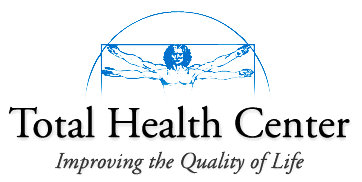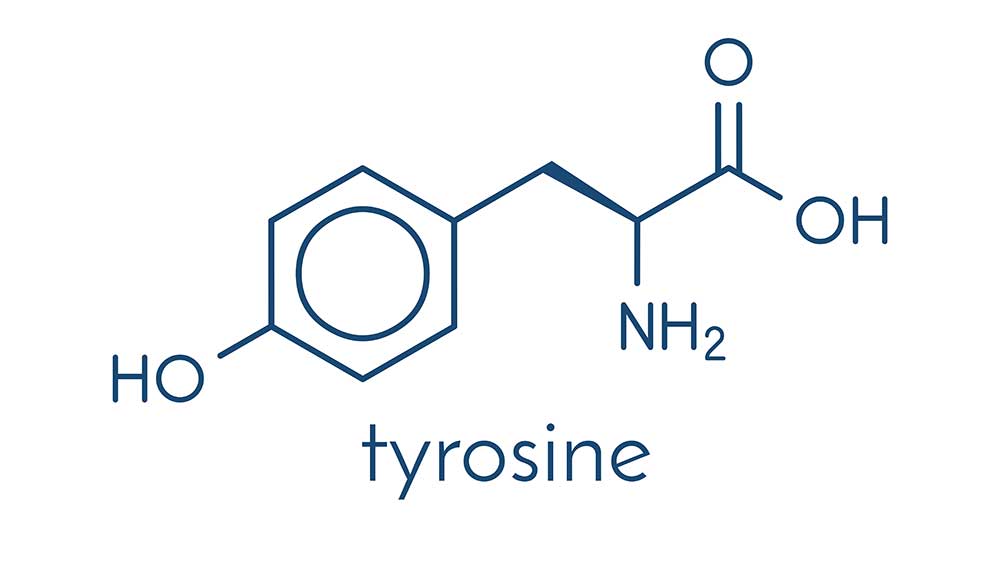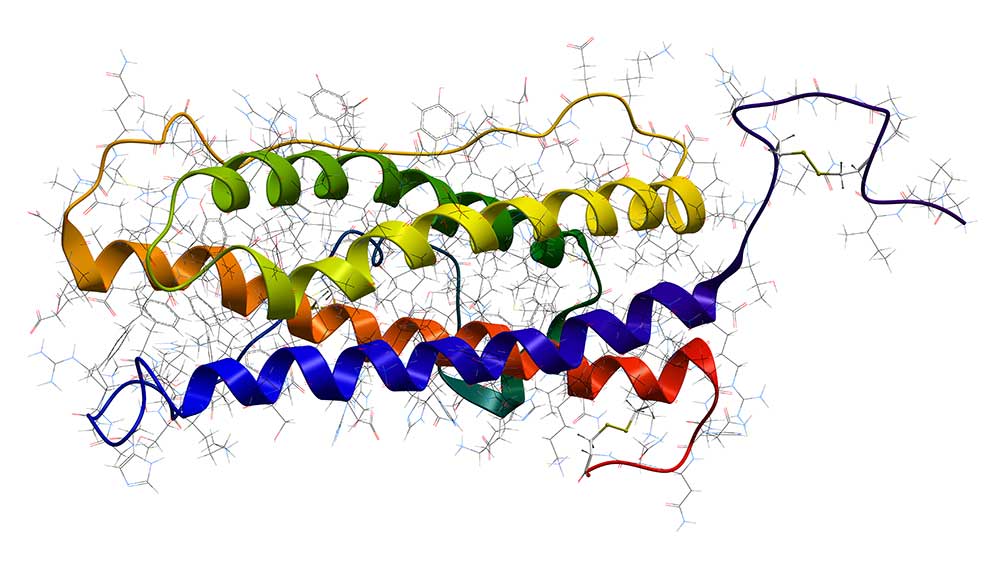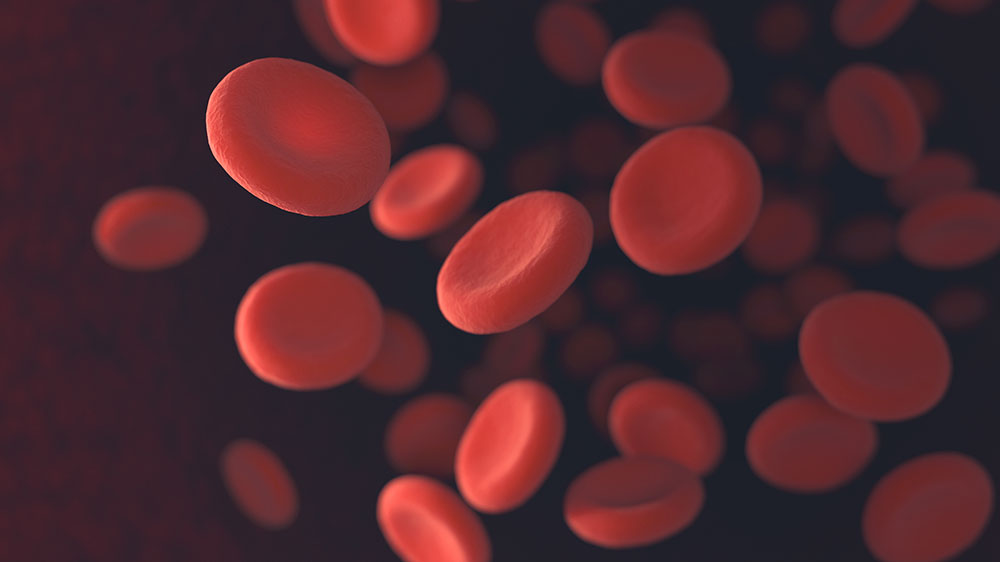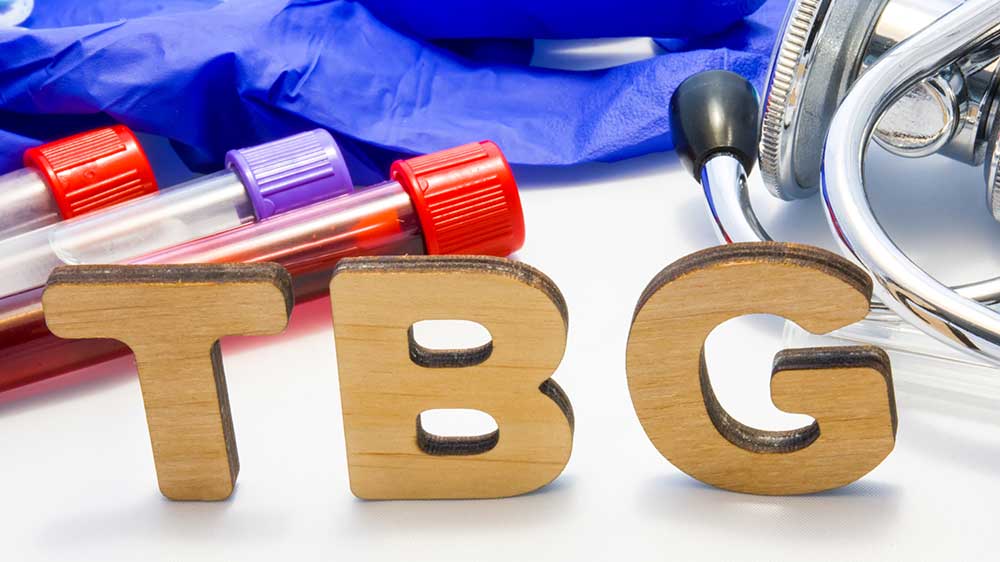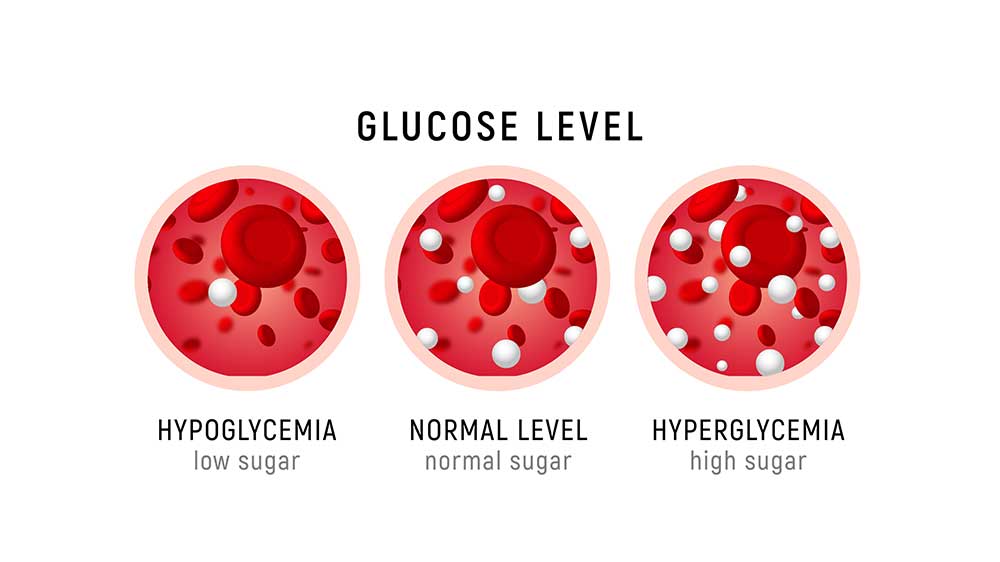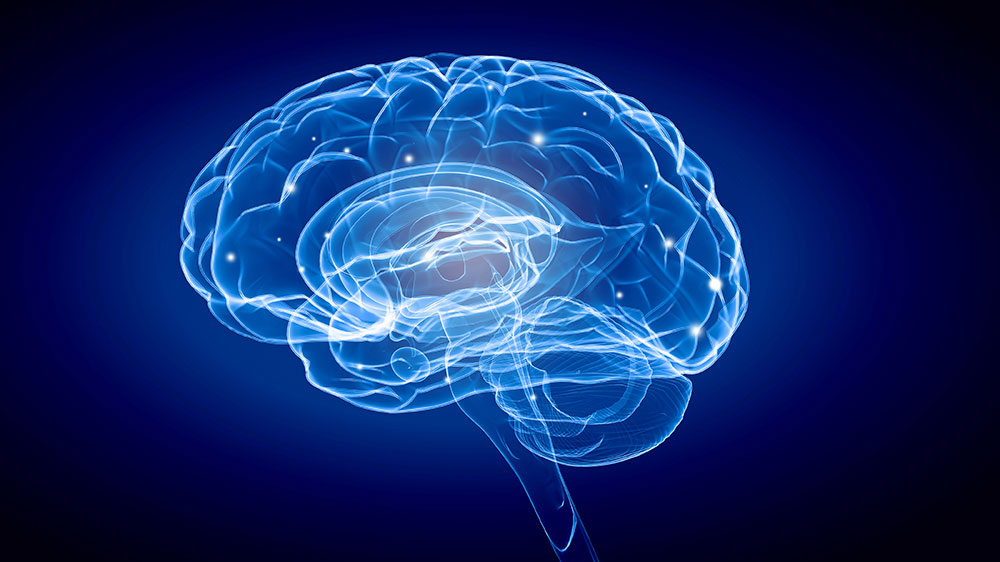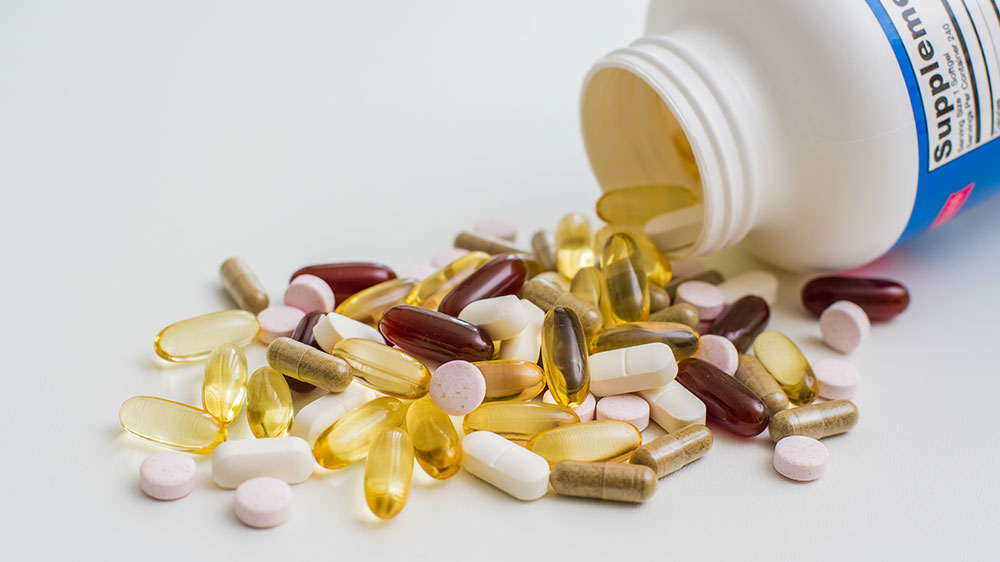
Know the Autoimmune Triggers! One of the most common questions I get is… "How did I develop this autoimmune condition?" Well… it's pretty much genetics and the environment. It's a matter of what came first, the chicken or the egg? We all know that genetically, you may be at risk for developing certain problems and/or conditions. If your mom had a…
Read More
